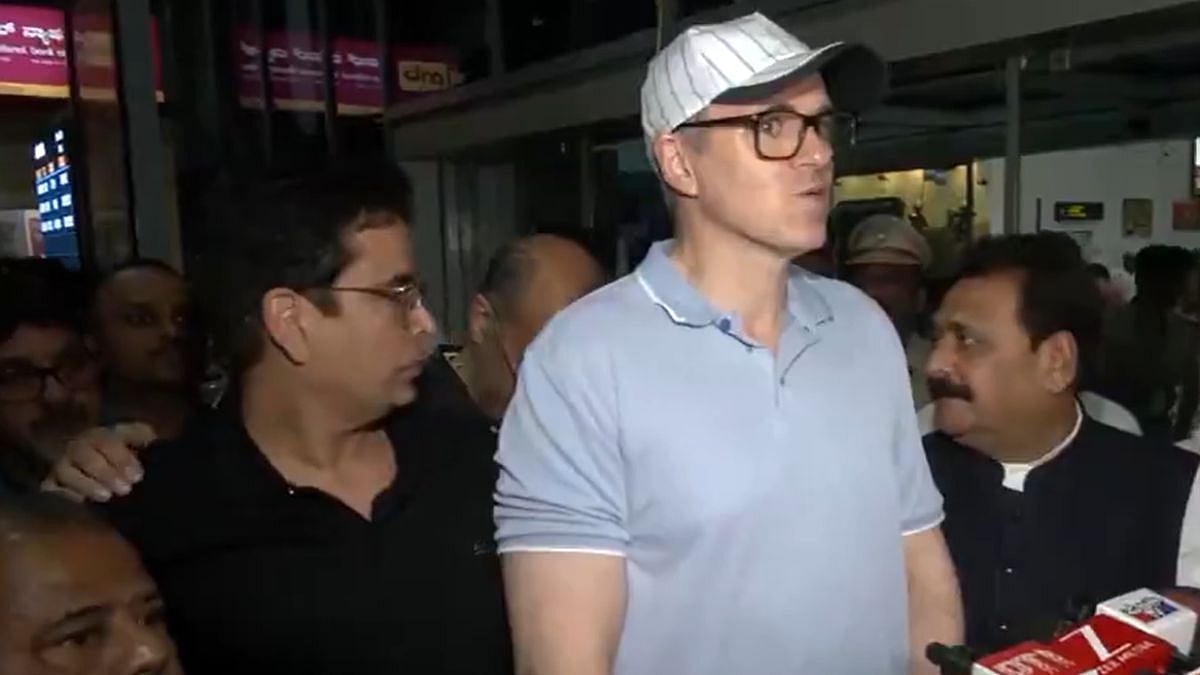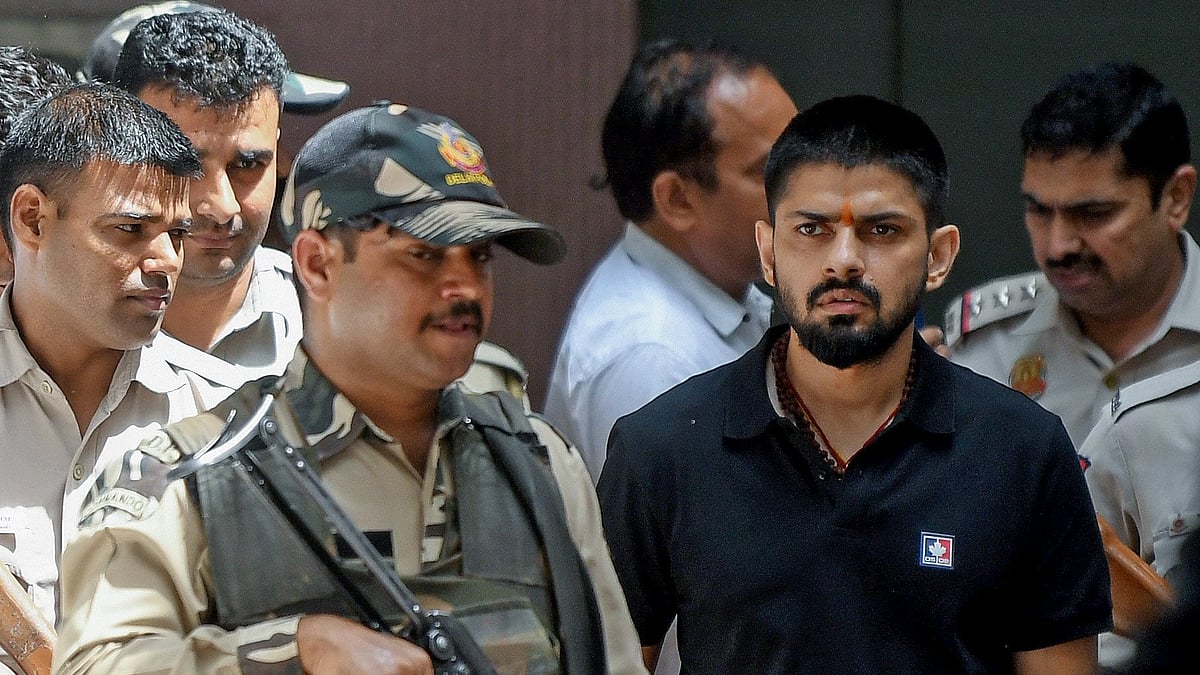Germany has become a go-to destination for Indian students, with over 35,000 of them ditching popular English-speaking countries such as the US, UK, Canada, and Australia. With Chancellor Olaf Scholz appealing for Indian professionals in Germany's workforce, and a mobility agreement being signed by both countries, German universities are capitalising on these recent changes by skilling Indian students through their programmes. In an interview with the Free Press Journal, Balasubramanian Ramani, who serves as Advisor, India relations at Leibniz Universitat Hanover and is an active member of the Social Democratic Party, talked about opportunities for Indian students in Germany, fake applications, UGC’s rule on foreign campuses, the safety of Indian students, and more. Excerpts from the interview:
How has Indian student community grown at Leibniz over the years?
We are a 200-year-old University and have been traditionally strong in the STEM area. Our University is now adopting an inclusive approach for other subject areas, including Humanities, Arts, Law, Economics, Engineering, Natural Sciences, etc. In 2000, I was only one of two students enrolled at Leibniz but as I am speaking to you close to 1,000 Indian students have taken admissions across our colleges. Since Hanover has a lot of industrial facilities, it also offers a lot of work opportunities that can be attractive for Indian students. We are aiming to play our part in both Germany and India’s nation-building initiatives and have a very active Indian students’ association, which has been our USP.
Do you think rise in fake applications among Indian students is a concern?
We are very much aware of what’s happening and work closely with our admission office regarding fake applications. Most Indian students enrol in English-taught Master's programmes which makes it easier for private consultants to take matters into their own hands and mislead students. Sometimes the SOPs we receive turn out to be plagiarised, which is a matter of concern.
I think there are certain mechanisms that can resolve this issue. Currently, there are two systems German universities can consider to accept or invalidate students’ applications. For one, students can apply to postgraduate (PG) programmes directly, as most universities have a department for PG programmes, or they can avail of ‘uni-assist’, which goes through various applications and provides feedback to one’s preferred university. The APS system was also initiated for Indian students in October 2022 for this reason as quite a lot of certifications sent to German universities turned out to be fake. Now, students can now apply for a visa with APS certification and an admission letter.
Our University was initially not in favour of APS due to the high fees, which could affect genuine students who cannot afford such a huge amount. We will have to see the long term impact APS certification creates in the coming months and see if it is affecting Germany’s perception among prospective students.

What support systems are available for Indian students in Germany?
In December 2014, with the support of the Embassy of India in Berlin and various student associations in the country, we found the Indian Students in Germany (ISG) initiative. The whole aim of this initiative was to create coordination between Indian student cohorts in Germany across various cities to understand their experiences, and difficulties concerning academics, health, etc. Though Germany’s quality of education can help students, if they are distressed over their surroundings then they won't be able to focus on their studies. With the number of students increasing, German universities have become more supportive of their study journey. Germany and India have also signed a mobility agreement, which will facilitate the two-way movement of students, researchers, and professionals between both countries.
Do you think Olaf Scholz’s plan to bring Indian techies to Germany is realistic?
Most of the visas in Germany are issued to people from other countries on an individual basis. Though initiatives were introduced for Indian IT professionals to access work visas in Germany in 2009, the bottlenecks remained in the form of restrictions on dependents and family members. There are policies in the pipeline that will encourage family members to join professionals without having to learn German. So some critical changes are expected as Germany expects more labour not only in IT but also in Nursing, Construction, Renewable Energy, etc.
Can Germany compete with the US, UK, etc in attracting students?
Things have changed a lot since I first came to Germany. German companies, for example, are now directly recruiting Indian students. I believe strongly that if Indians or other immigrants want to take citizenship in Germany, it is very attractive as the US, UK and other countries are making it harder for naturalisation of other nationalities in their respective countries. We are also looking at a point system that is a bit similar to what has been done in Australia, which will possibly have a reduced duration of five years to apply for German citizenship. In the long term, Germany could gain an advantage over other countries in attracting skilled immigrants.
Can German universities take advantage of UGC rule on foreign campuses?
I would say that’s a very strong no. Though we are creating an enabling environment for partnerships between institutions, continental Europe’s approach is very different. I don’t think there’s a need, as many students are studying in Germany to experience the environment of living in a different country. Students usually come to Germany to get industry experience while pursuing academia as well. There’s no assurance that German universities, which are tuition-free, will be able to provide the same level of quality education in India. Unlike Australia, the US and UK, the model that Germany follows is completely different and non-commercial. Research institutions can consider partnering with Indian institutions and facilitating the exchange of students but a standalone institute in India is not something I foresee in the German educational landscape’s plans for a long time.
Is Germany a safe country for Indian, international students?
Of course, there are pockets in Germany, where there are issues, and we fight against hateful forces by accepting everybody. The majority of the population is accepting of immigrants, otherwise I would not have called Germany my home and entered politics after arriving in the country in 2000. India has its respect among the German systems. Students, professionals, and artists from India are respected due to the culture and talent present in the country. Germany is largely a positive destination for Indian students.
Five things students should know about studying in Germany?
First, I would suggest students look at their courses in detail, as many of them give up after failing to assess the high level of curriculum German universities provide. Second, students should attend various sessions related to studying in Germany conducted by DAAD information centres across India. Third, even if a Master’s or a Ph.D. course doesn’t require it, I would suggest students learn first-level German, which will make a huge difference. Fourth, Indian student associations can be of great help and have been established in different parts of Germany to help Indian nationals. Fifth, students should read and gain more details on the accommodation available in Germany as it’s very difficult. Though student hostels are available, they get filled very fast which is why students should start looking at a place to stay before they get their visa and not after. Many students have been cheated in the name of accommodation through fraudulent contracts, which is why they should be aware of all the details beforehand.




